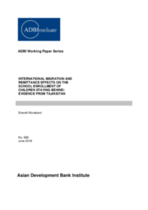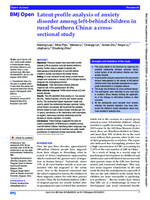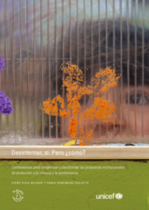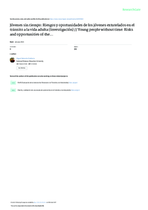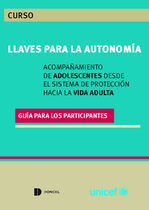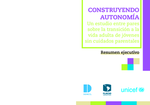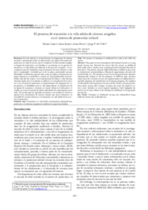International Migration and Remittance Effects on the School Enrollment of Children Staying Behind: Evidence from Tajikistan
This paper explores the impact of international migration on school enrollment of children staying behind in Tajikistan, by using data from a large nationally representative household survey. The results show that migration of household members reduces the probability of enrolling in school by 10 percentage points for children who belong to households with migrants. The effect of parental migration is much larger than that of migration of other household members. Receiving remittances reduces the adverse impact of migration by only 1‒3 percentage points.

